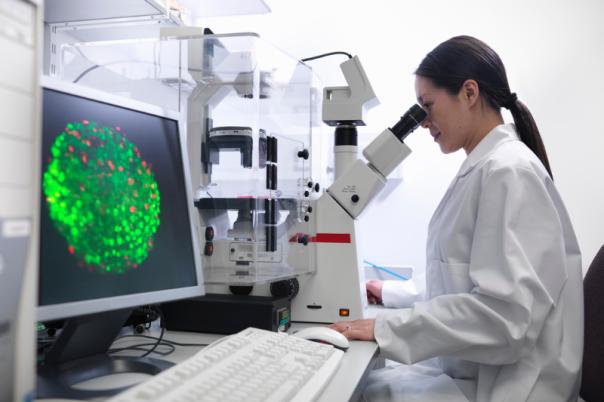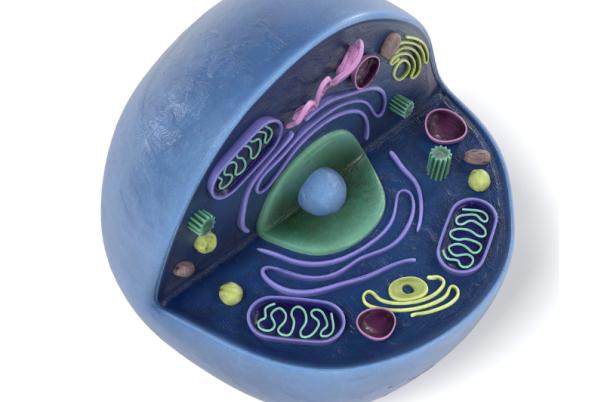A study published in Nature Medicine reports that an adeno-associated virus (AAV) gene therapy is able to improve or restore the hearing of patients with congenital deafness. Ten out of ten participants had their hearing improve due to the treatment. The study involved researchers from the Karolinska Institutet and was conducted in collaboration with a number of Chinese hospitals and universities.
Corresponding author on the study Maoli Duan from Karolinska’s Department of Clinical Science, Intervention and Technology, said: “This is a huge step forward in the genetic treatment of deafness, one that can be life-changing for children and adults.”
The study enrolled ten patients between the ages of one to 24 years old across five hospitals in China. Each of the patients were either deaf or suffered severe hearing loss caused by genetic mutations in the otoferlin (OTOF) gene.
Participants in the study were given gene therapy using an AAV delivered to the inner ear via a one-time injection through the round window membrane of the cochlea. The AAV contained a working copy of the OTOF gene
One month after the treatment, most of the patients had some improvement to their hearing. Remarkably, after six months, all ten participants experienced a significant increase in their perception of sound; on average, their threshold of detectable volume increased from 106 dB to 52 dB.
The greatest improvement was seen in younger patients, particularly those between the ages of five to eight years old. However, significant gain of hearing function was also observed in the adult members of the study.
“Smaller studies in China have previously shown positive results in children, but this is the first time that the method has been tested in teenagers and adults, too,” commented Duan.
“Hearing was greatly improved in many of the participants, which can have a profound effect on their life quality. We will now be following these patients to see how lasting the effect is.”








